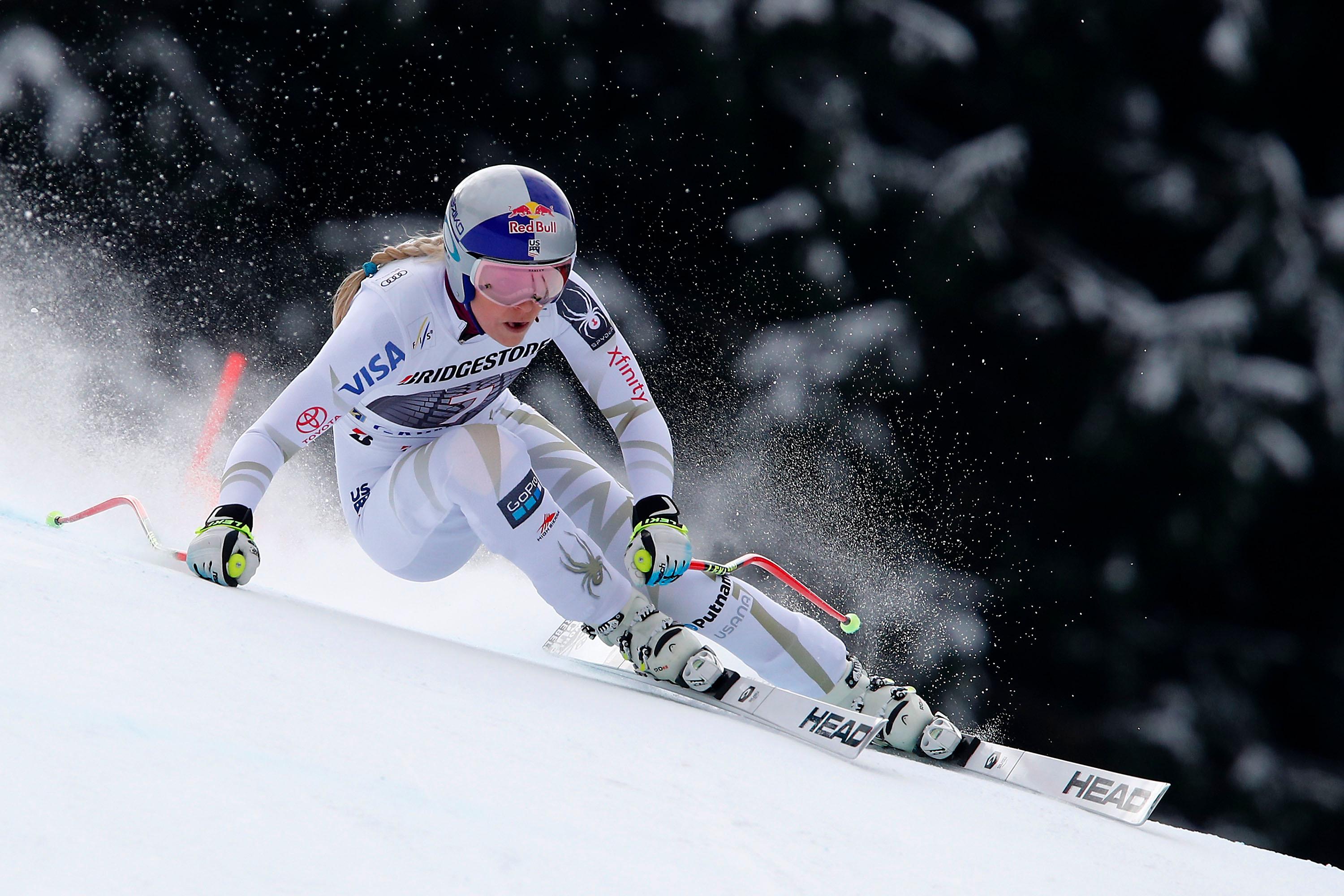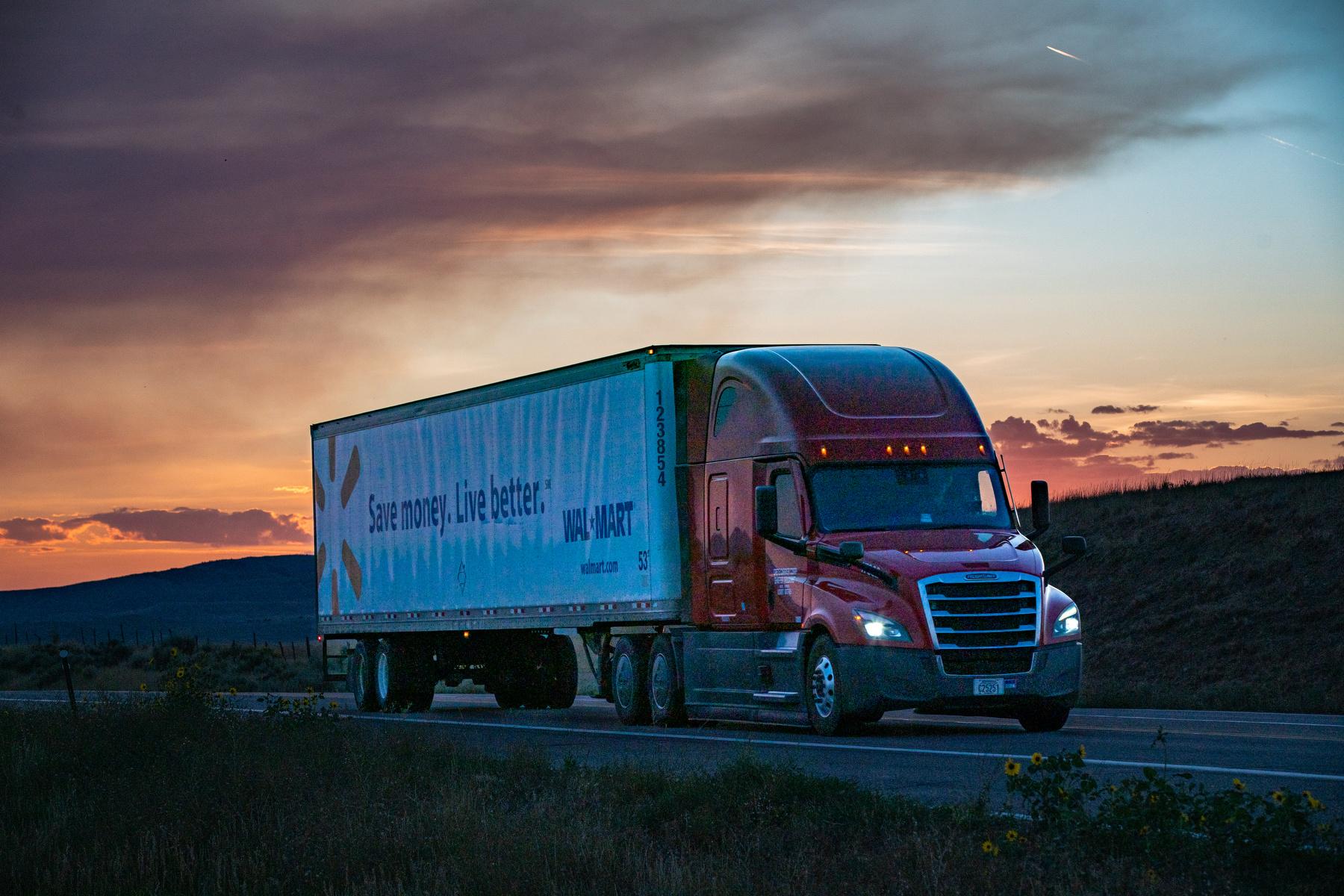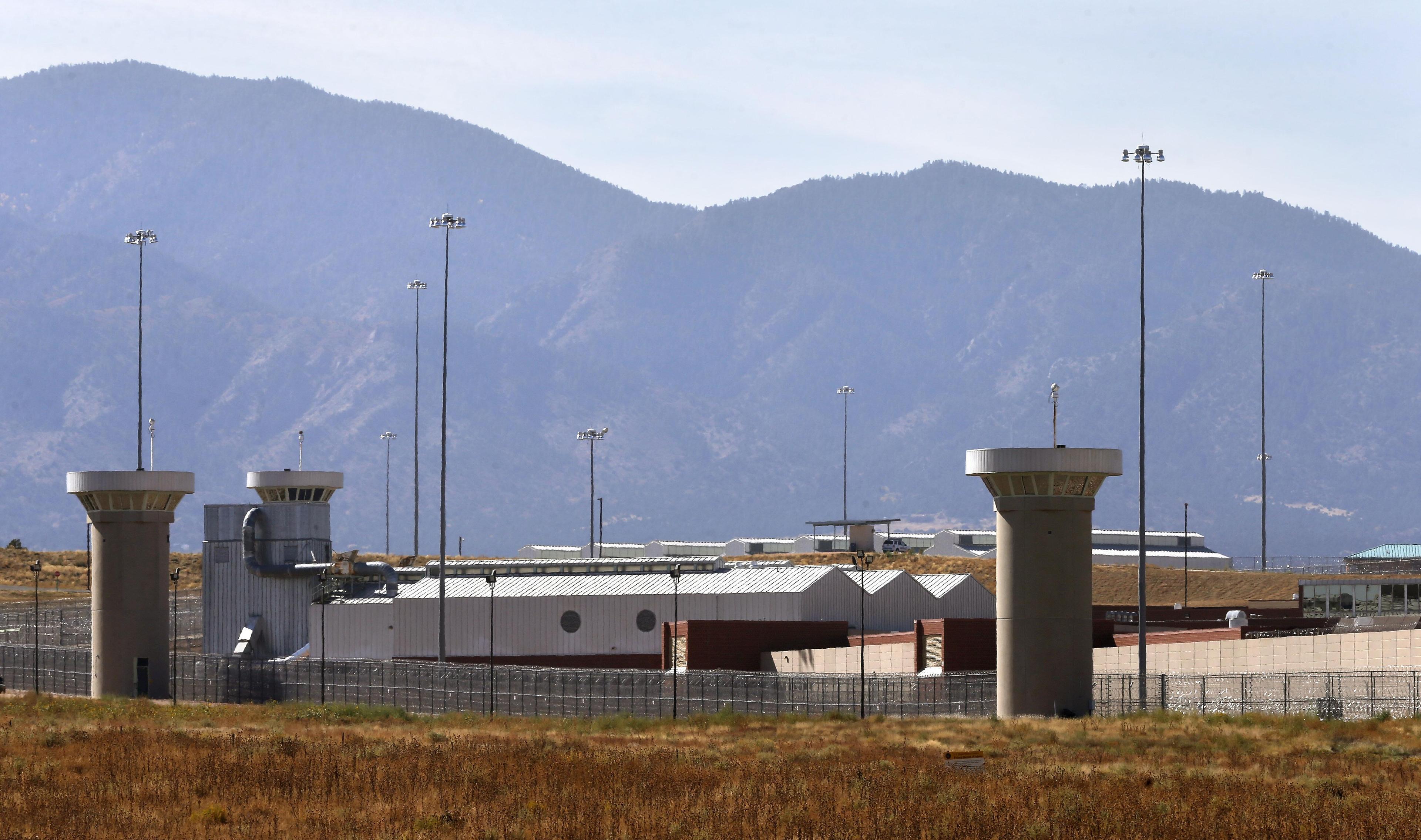
It's been just over three months since Coloradans got a first look at the state's water plan. The draft that was submitted to Governor John Hickenlooper came after more than 800 public meetings held all across the state. But despite an extensive education and outreach campaign, just how involved is the general public in planning Colorado's water future?
In his 2015 state of the state address, Governor John Hickenlooper lauded the process that brought people from around Colorado together to create the state's water plan:
"After the largest civic engagement process in the history of Colorado, the Colorado Water Conservation Board, at long last, achieved what many believed was impossible: It brought together the disparate stakeholders from around the state and drafted Colorado's first-ever statewide Water Plan."

Kate McIntire is in charge of public engagement and outreach for the Colorado Water Conservation Board. She says they've mostly relied on volunteers in a process that goes back 10 years when the Public Education, Participation and Outreach group was established, before the water plan was conceived. Later, McIntire says, they engaged the nine basin roundtables to help.
"This is really a grassroots process and so we never intended to or didn't have millions of dollars to throw into reaching everyone across the state in terms of a more traditional advertising campaign," says McIntire. "Spreading the word grass roots isn't something that happens overnight."
The Water Board received more than 15,000 comments directly and through the nine basin roundtables when creating the draft plan. State Senator Ellen Roberts, a Republican from Durango, says that's not enough. She still thinks there's a lack of awareness amongst the general public.

"I think that's the challenge that we saw here at the legislature," says Roberts. "The Governor and the executive branch of the Colorado government has done a lot of outreach but it's a topic that most people...all they really care about is when they get up in the morning does water come out of the shower, can they make their cup of coffee or cup of tea?"
Last year the senator co-sponsored a successful bill that called for more involvement by the legislature in water planning. That led to a series of public meetings in all the major river basins of Colorado.
"What we were trying to do with Senate Bill 1-15 last year was to go out to the more general public, the kind of people who show up at our town hall meetings, who maybe have no idea about Colorado water law or how complicated it is. They're not following like the people on the basin roundtables."
Theresa Connelly, a water advocate with Conservation Colorado, says she's heartened by what she sees as a growing awareness in water issues in the state, even if there's a lack of awareness about an actual water plan.
"Folks may not know as much that there's an actual state water plan going on, but folks are very aware of water issues that we're facing," says Connelly.
But Connolly, like Senator Roberts, says the public outreach effort needs to be more inclusive. She cites the fact that many of the meetings were in the middle of the workday, which made it difficult for some to attend. She says people may not have time to attend a meeting, but maybe they've sent an email or a postcard, and those voices should also be heard.
"I think sometimes those small actions are disregarded as a form letter or something that isn't truly meaningful and I think that that's absolutely not true."
McIntire says the Colorado Water Conservation Board has received over 2000 comments in the first few months since the draft was submitted and adds all input received through May 1 will be considered in the second draft. She says that the CWCB is responding to all comments received and those responses are available for public review.
"And all those responses are cataloged and available for review by anyone on our website," says McIntire.
After the second draft is released in July, there will be another comment period that ends in mid-September. More public meetings in each of the river basins are also planned for this summer. The final plan will be submitted to the Governor in December.
For more information on Colorado's Water Plan or to submit your own comments, click here.
Connecting the Drops is a collaboration between Rocky Mountain Community Radio stations and the Colorado Foundation for Water Education. Find out more at YourWaterColorado.org.








